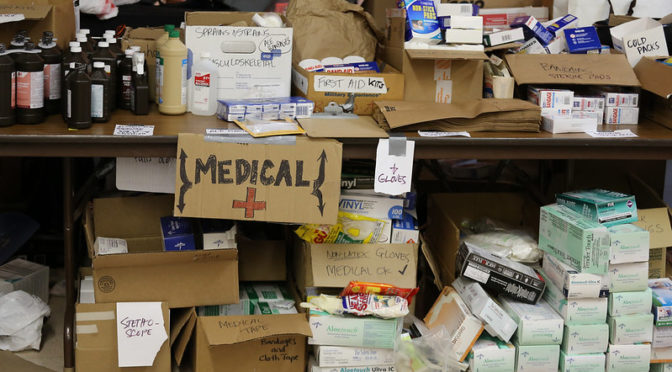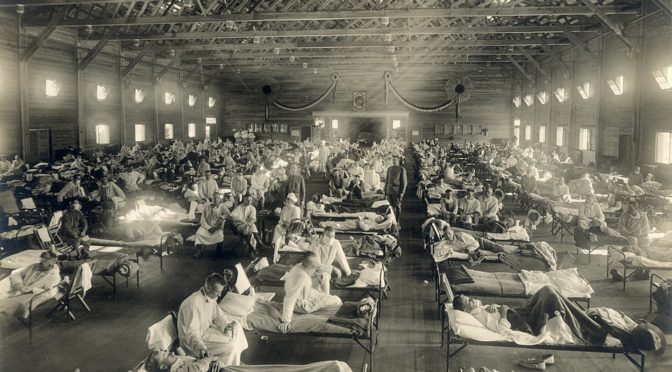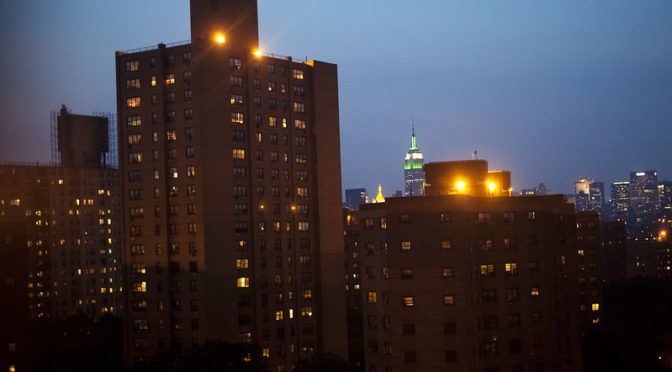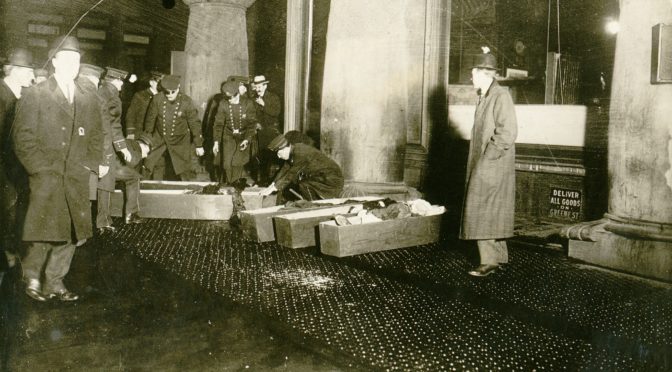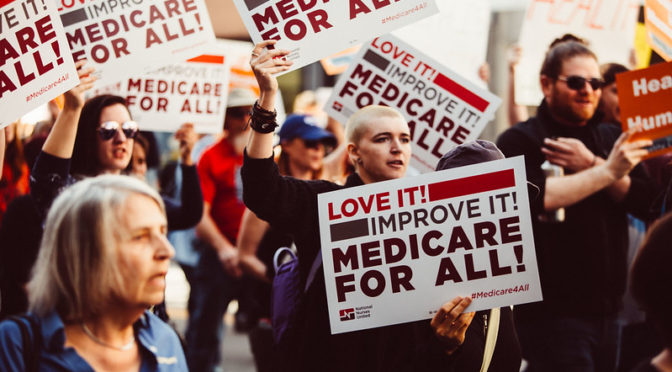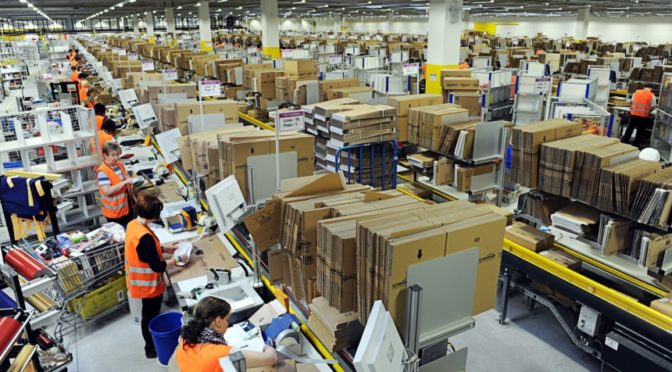Here we are: the economy has been shut down, resulting in massive job loss to some and unsafe working conditions for others. This, writes SLU professor Stephanie Luce in Labor Notes, was the result of a horrible decision — lock ourselves down, or put tens of millions of people at risk.
But, she writes, “It didn’t have to be like this.”
We could not have prevented the virus itself, nor the resulting loss of life altogether. But imagine if:
-
- Instead of cutting public health budgets and access to health care for decades, we had expanded it by enacting a single-payer health care system—an improved Medicare for All.
- We had community health centers that did low-cost preventive care, giving people the education and resources to stay healthy to begin with and making a much smaller share of the population at risk for dangerous disease.
- We had paid sick days for all workers so they didn’t have to come to work when they had symptoms.
- We had strong unions, high minimum wages, and good benefits, so very few people were poor. Workers would not feel so desperate to work even when sick or in danger, and they could afford basic necessities to keep them healthier year-round.
- We had a public health philosophy of “an injury to one is an injury to all.” Governments would be ready to step in with testing programs, resources for people in quarantine, and fair access for all to treatment and vaccines.
- We taxed the rich and corporations and used that money for the public good and building a strong economy. Our economy would be better equipped to sustain shocks.
- We valued science and scientists, and invested in their research on issues for the public good.
- We valued international connections and relationships, encouraging cooperation and collaboration on research, education, and treatment across borders, rather than demonizing or punishing entire nations.
Prof. Luce goes on to describe the ways in which, by moving away from the logic of privatization and crony capitalism, we can imagine a different pathway forward. And she starts with history:
Countries have often been forced to implement bold policies during a crisis, whether the Great Depression of the 1930s, wartime, or coming out of war. It was after World War II that many other countries established their national health care systems and their generous safety net programs, on the understanding that any society is only as strong as its weakest member and that collective programs are good for the economy.
The federal government has the ability to take on public debt to pay for big programs. This happened in 2008 when the government came up with $891 billion to bail out the financial system, with almost no strings attached. This is basically an investment in the future: borrowing money from the future to pay for necessary steps now. The economist JW Mason makes a strong case for funding the Green New Deal this way.
According to Luce, there’s yet more we could do via taxes and reduced military spending, all in service of “an economy centered on human need rather than corporate profit.”
Read the full piece at Labor Notes.

